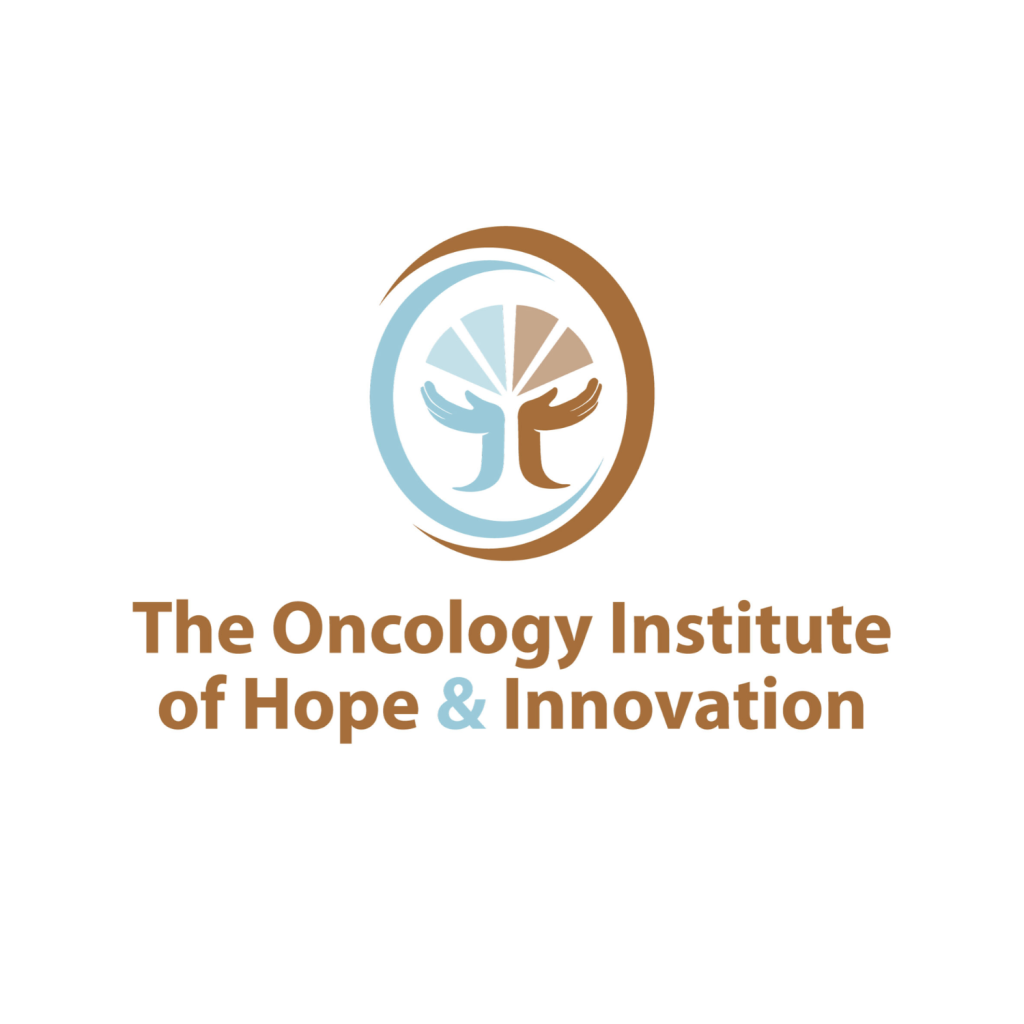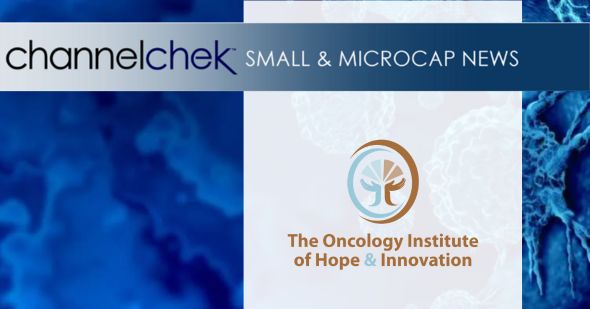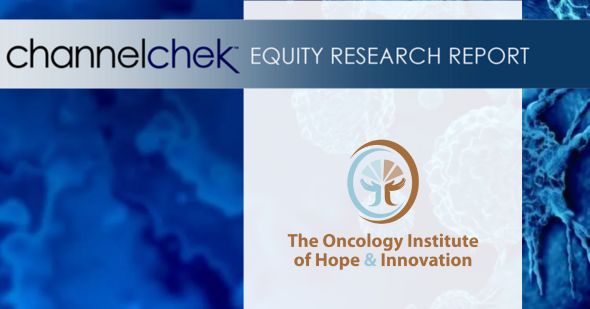In a strategic move to strengthen its oncology pipeline, Nuvation Bio Inc. (NYSE: NUVB), a biopharmaceutical company focused on developing novel cancer therapies, has announced its acquisition of AnHeart Therapeutics Ltd. in an all-stock transaction. This acquisition promises to transform Nuvation Bio into a late-stage global oncology company, positioning it as a potential commercial organization by the end of 2025.
The deal, which is subject to approval by AnHeart’s shareholders and other customary closing conditions, is expected to close in the second quarter of 2024. Upon completion, the former shareholders of AnHeart will own approximately 33% of Nuvation Bio on a fully diluted basis, while the current stockholders of Nuvation Bio will retain a 67% stake.
The primary asset driving this acquisition is taletrectinib, AnHeart’s lead investigational therapy and a next-generation ROS1 inhibitor for the treatment of ROS1-positive non-small cell lung cancer (NSCLC). Taletrectinib has already received Breakthrough Therapy Designations from both the U.S. Food and Drug Administration (FDA) and China’s National Medical Products Administration (NMPA).
Notably, taletrectinib is currently completing two pivotal Phase 2 studies, TRUST-I in China and TRUST-II, a global pivotal study, potentially positioning it as a best-in-class treatment option for patients with ROS1-positive NSCLC. The NMPA has also granted Priority Review Designation to New Drug Applications for taletrectinib, further underscoring its potential.
In addition to taletrectinib, the acquisition also brings safusidenib, a potentially best-in-class mutant IDH1 inhibitor, into Nuvation Bio’s pipeline. Safusidenib is currently being evaluated in a global Phase 2 study for the treatment of patients with grades 2 and 3 IDH1-mutant glioma.
“This transaction represents a significant milestone for our company and reflects Nuvation Bio’s continued commitment to developing therapies for patients with the most difficult-to-treat cancers,” said David Hung, M.D., Founder, President, and Chief Executive Officer of Nuvation Bio. “AnHeart’s lead asset, taletrectinib, which will become our lead asset as it completes two pivotal studies, is a differentiated, next-generation ROS1 inhibitor with a potentially best-in-class profile that may overcome the significant limitations of existing therapies.”
For Nuvation Bio, this all-stock acquisition preserves the company’s robust cash balance, enabling the development of both the newly acquired assets and its existing pipeline without the immediate need to raise additional capital. This financial strength positions Nuvation Bio to execute its development strategy effectively and advance its combined portfolio of differentiated oncology therapeutic candidates.
The acquisition also brings together the talented teams from both companies, with Nuvation Bio’s current management team, including Dr. Hung, remaining at the helm. Additionally, Min Cui, Ph.D., Founder and Managing Director of Decheng Capital, an investor in AnHeart, and Junyuan Jerry Wang, Ph.D., Co-Founder and Chief Executive Officer of AnHeart, will join Nuvation Bio’s board of directors.
As the demand for innovative cancer therapies continues to grow, Nuvation Bio’s acquisition of AnHeart Therapeutics represents a strategic move to bolster its oncology pipeline and position itself as a potential commercial organization in the near future. With taletrectinib and safusidenib as promising additions to its portfolio, Nuvation Bio is poised to make significant strides in addressing the unmet needs of patients with challenging forms of cancer.













